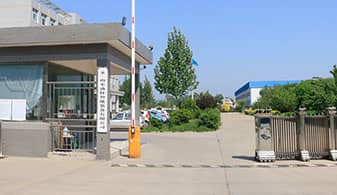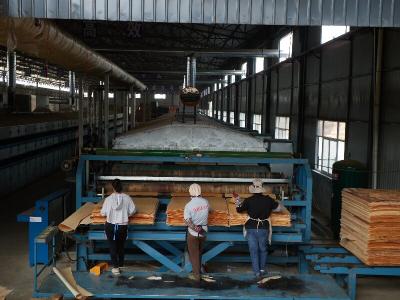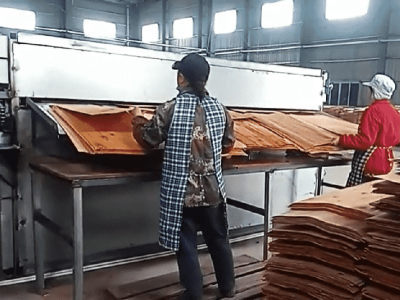What Are The Advantages of Drying Veneer Dryer?
Roller veneer dryers are specialized equipment designed for efficiently drying wood veneers used in plywood, furniture, and other wood products. Their unique design and functionality offer several key advantages over traditional drying methods. Below are their core strengths and features:
1. High Efficiency & Rapid Drying
Roller veneer dryers excel in high-throughput drying thanks to their rotating drum mechanism. The continuous rotation of the drum ensures even heat distribution and airflow, accelerating the evaporation of moisture from the veneers. Compared to static or batch drying systems, roller dryers can process larger volumes of veneers in shorter timeframes. This efficiency is critical for large-scale plywood manufacturers needing to meet tight production deadlines.
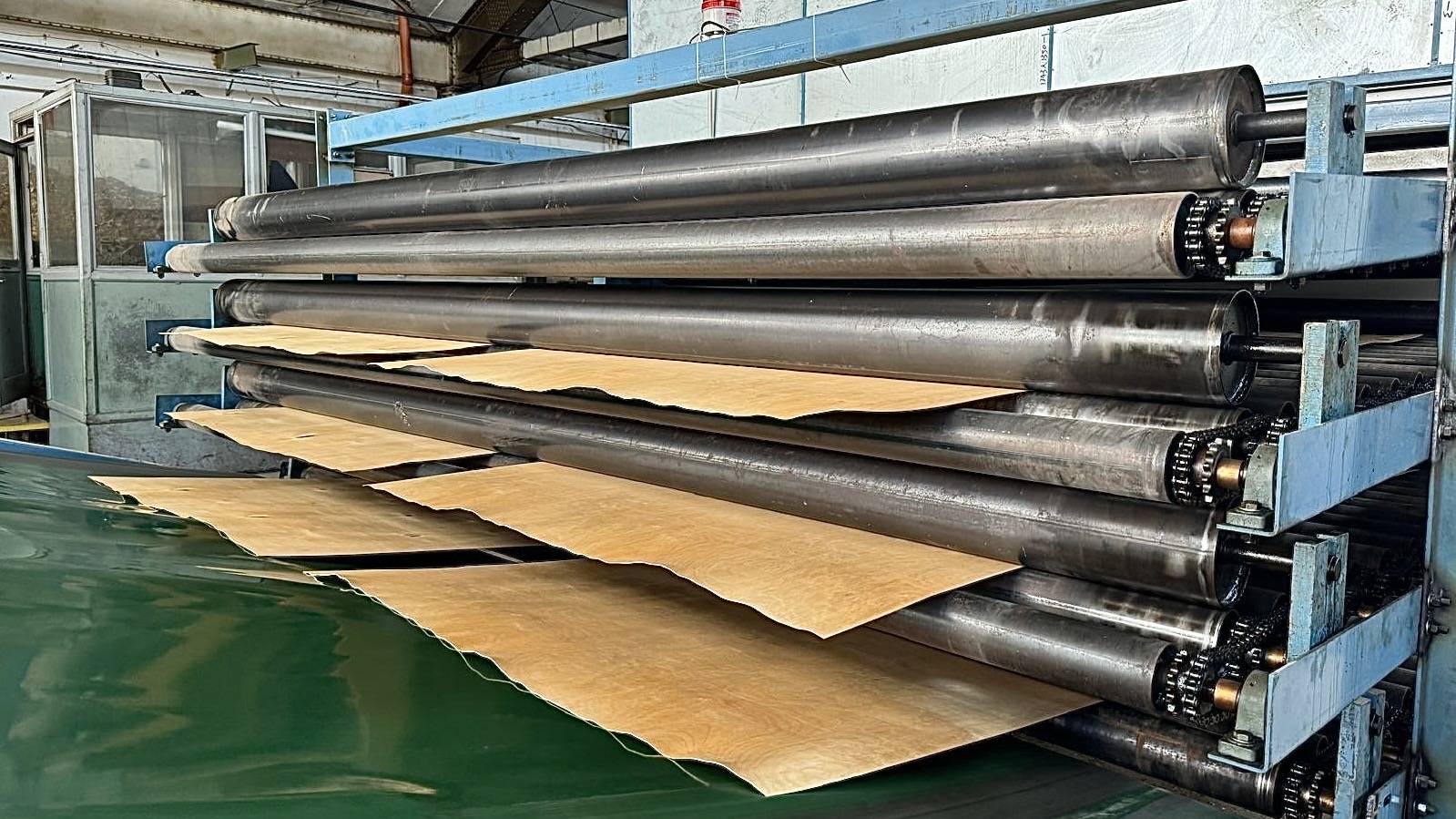
2. Uniform Drying Quality
The roller’s rotating action and controlled airflow system (often paired with heated air or steam) ensure consistent moisture removal across all veneer layers. Unlike flat-bed dryers, where edge or corner veneers may dry unevenly, the roller’s cylindrical design minimizes “dry spots” and warping. This uniformity guarantees that every sheet of veneer meets the required moisture content (typically 6-12% for plywood), reducing post-drying defects like cracking or buckling.
3. Versatility in Veneer Types & Thicknesses
Roller veneer dryers are highly adaptable to diverse veneer materials and thicknesses. They can handle both softwoods (e.g., pine, birch) and hardwoods (e.g., oak, mahogany), as well as thin (0.5-1mm) or thicker (2-3mm) veneers. Some advanced models even offer adjustable roller speeds and temperature settings, allowing operators to optimize drying parameters for specific wood species or production needs.
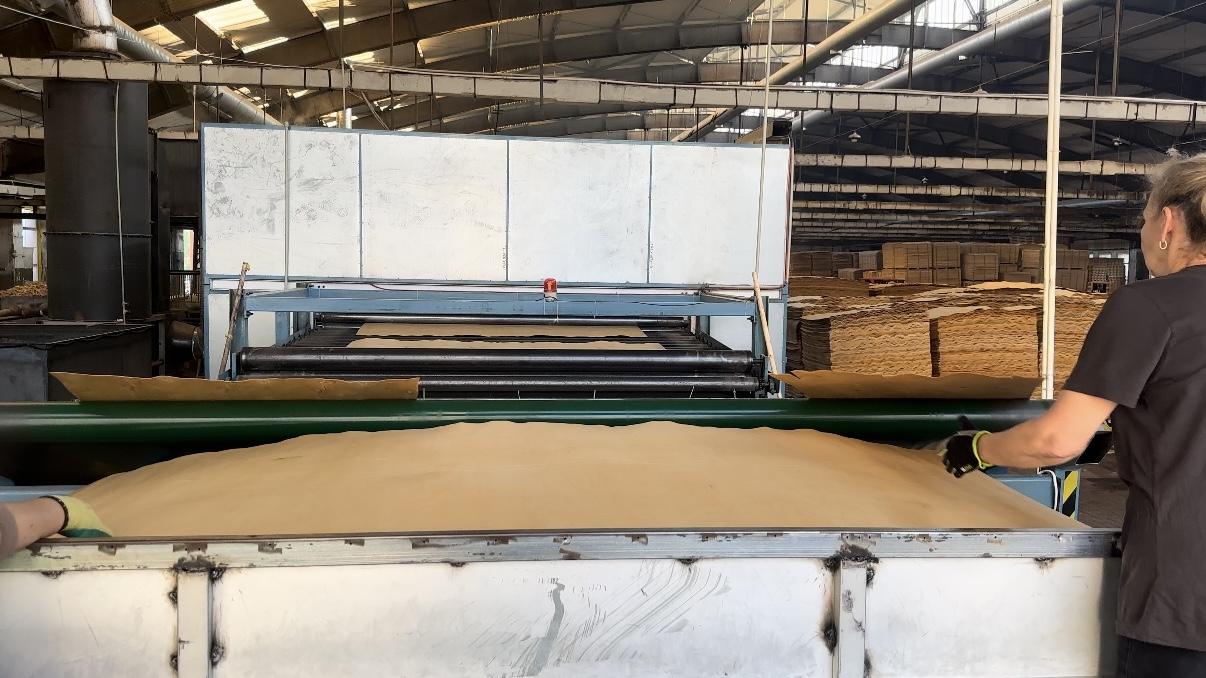
4. Energy Efficiency & Cost Savings
Modern roller veneer dryers prioritize energy conservation through innovative designs:
Heat Recovery Systems: Many models recover waste heat from exhaust air to preheat incoming air, reducing energy consumption by 20-30%.
Reduced Labor Costs: Automated controls (e.g., programmable logic controllers, PLCs) minimize manual intervention, lowering labor requirements and associated expenses.
5. Ease of Maintenance & Durability
Constructed from durable materials (e.g., stainless steel or coated steel), roller veneer dryers are built to withstand harsh industrial environments.
Summary
Roller veneer dryers stand out for their efficiency, uniformity, versatility, and cost-effectiveness, making them a preferred choice for plywood and wood product manufacturers. By addressing key pain points like drying time, quality consistency, and operational costs, they play a vital role in enhancing productivity and competitiveness in the wood processing industry.
